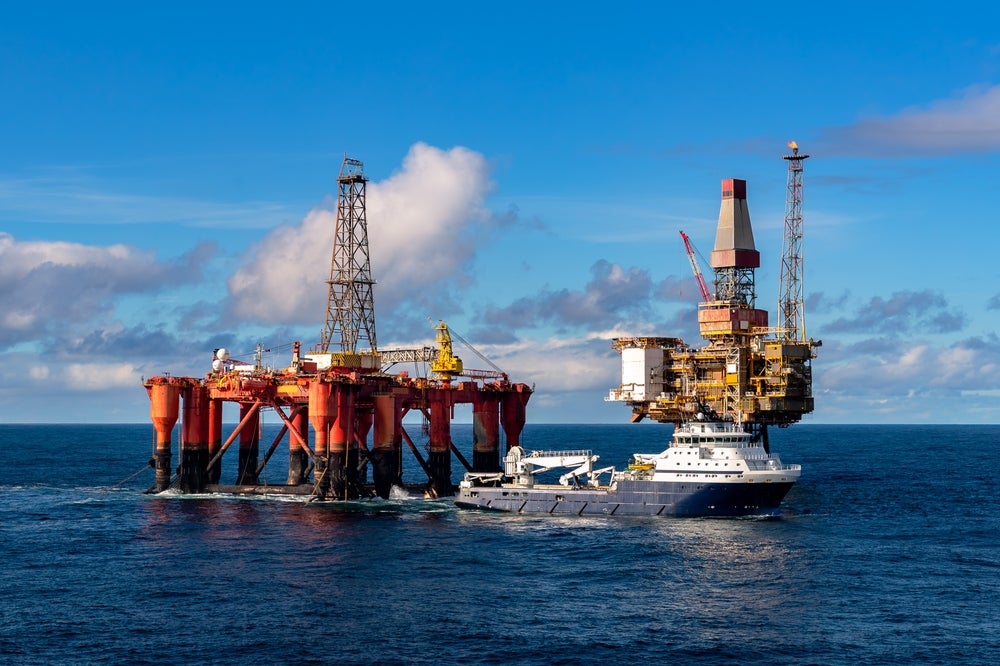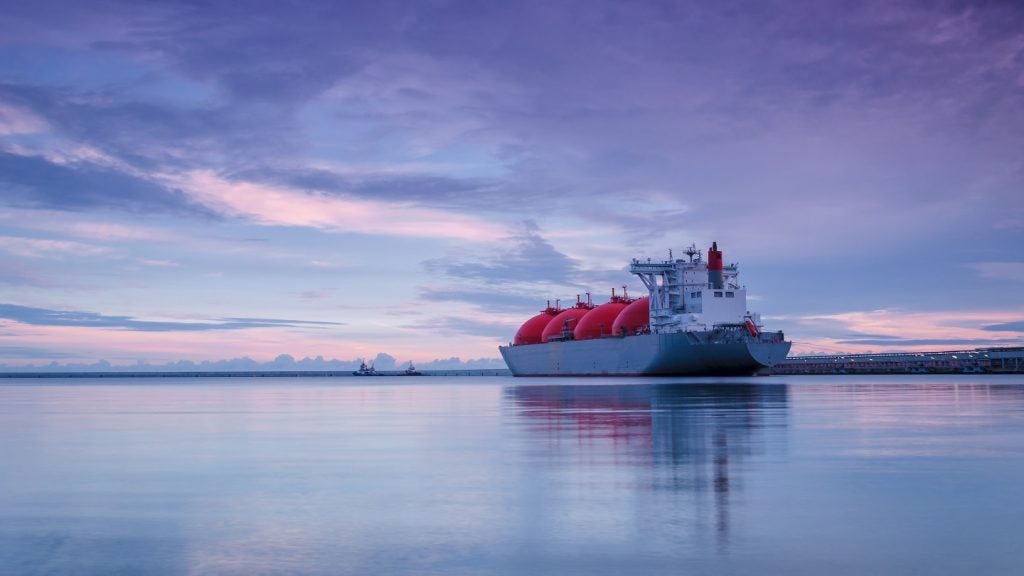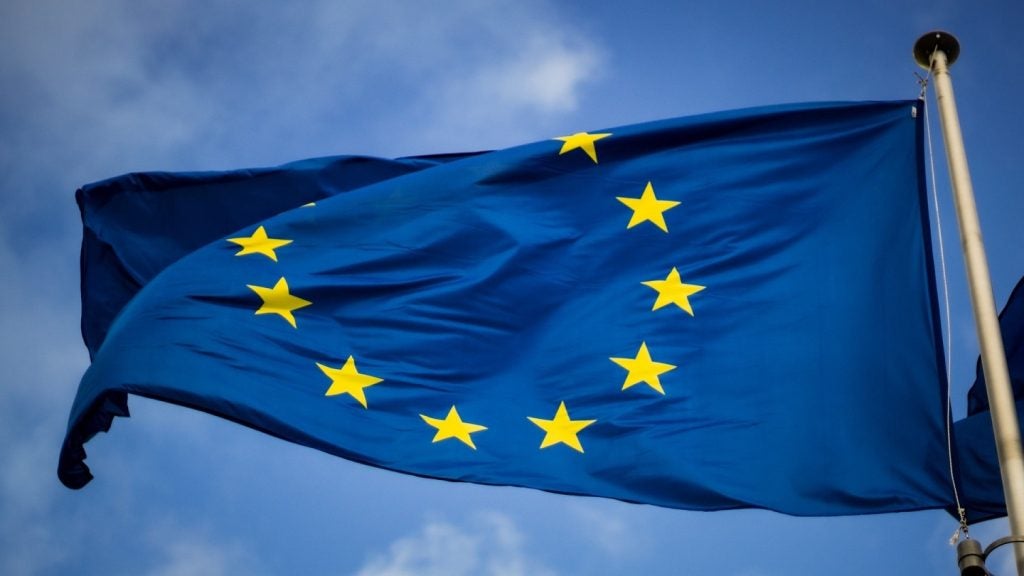More than one-quarter of North Sea oil and gas licences approved by the UK Government last month lie within marine protected areas (MPAs), according to a report from Unearthed, the investigative arm of environmental group Greenpeace.
At the end of October, the North Sea Transition Authority (NSTA), the regulatory body for the oil and gas industry in the UK, awarded licences to companies for the development or exploration of 64 offshore blocks. According to Unearthed analysis, 17 of these, or 27%, fall partially or fully within MPAs.
According to the government’s Marine Management Organisation, MPAs are “areas of the ocean established to protect habitats, species and processes essential for healthy, functioning marine ecosystems.”
“Granting new oil and gas licences in our marine protected areas makes a mockery of our climate pledges, decimates our already suffering ocean life and threatens coastal communities,” Hugo Tagholm, director of environmental advocacy group Oceana UK, told Unearthed.
The announcement from the NSTA in October said that all blocks currently offered or applied for have been through the initial Habitat Regulation Assessment, designed to test whether a project could “significantly harm” features of protected sites. It added that currently the average time between licence award and production is approximately five years.
A NSTA spokesperson also told Unearthed: “Vulnerable and protected habitats and species are considered throughout the licensing and permitting process and licences are only awarded when the NSTA has received permission from OPRED [Offshore Petroleum Regulator for Environment and Decommissioning] that their environmental assessment requirements are met.”
The NSTA has also emphasised that, even after licences are granted, companies still need to get further environmental approvals from OPRED before exploration can begin.
UK Prime Minister Rishi Sunak first announced plans to approve hundreds of new North Sea oil and gas licences in July, sparking criticism from environmental groups and opposition MPs. Sunak said at the time that the decision was “key” to a “proportionate and pragmatic” transition to net zero and to the country’s energy security.















